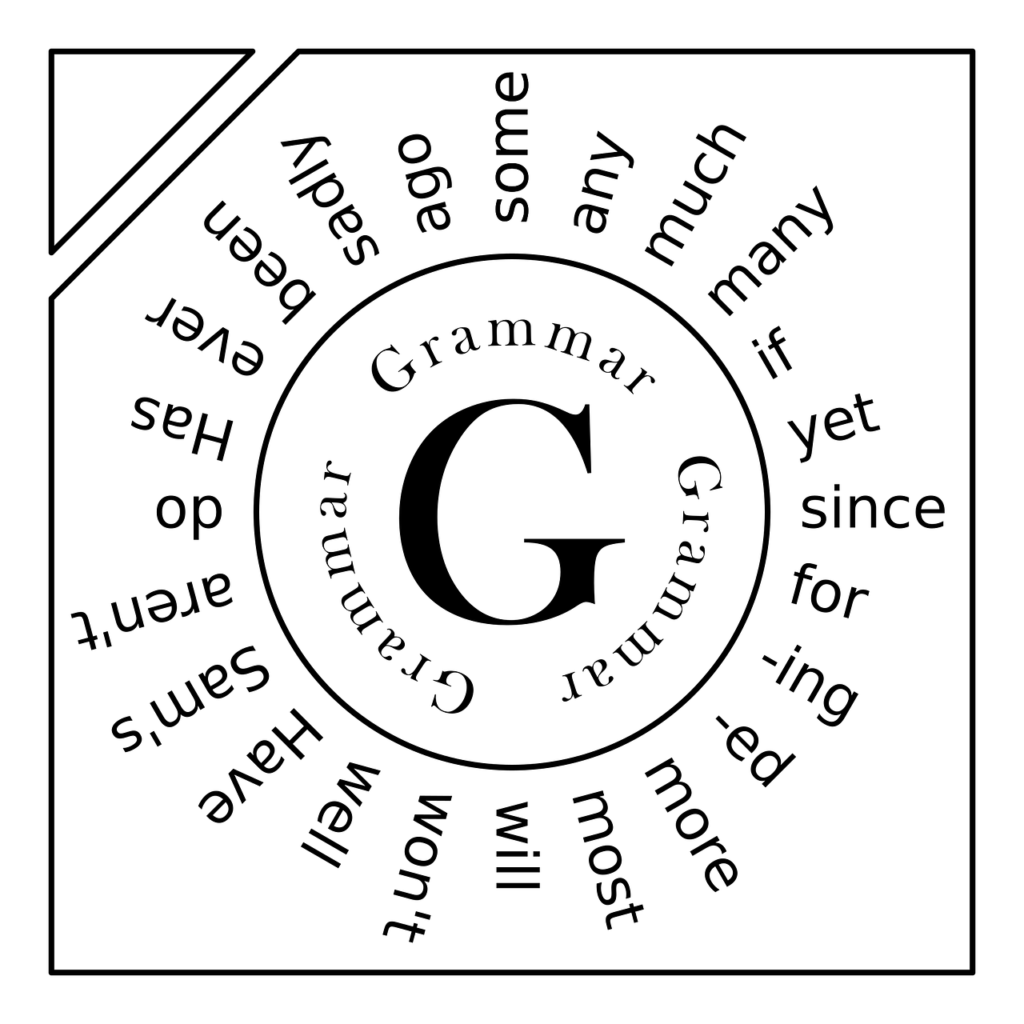Possessive Pronouns
What Are Possessive Pronouns? Possessive pronouns are words that show ownership or relationship and take the place of a noun in a sentence. They help us avoid repeating information unnecessarily. For example: They are used to clearly indicate who owns or is associated with a specific item or person. Types of Possessive Pronouns Possessive pronouns […]
Possessive Pronouns Read More »







